Sleep is not just a luxury; it’s a necessity for a healthy life. Yet, many people struggle with sleep deprivation, tossing and turning at night, only to wake up feeling groggy and unrefreshed. The consequences of poor sleep extend beyond mere tiredness, affecting cognitive function, emotional well-being, and even long-term health. But what if there were proven methods to not only fall asleep faster but also improve the quality of your sleep? This post is here to provide you with some helpful and practical tips to get better sleep. From understanding the science behind sleep to creating the perfect sleep environment, you’ll learn everything you need to know to improve your sleep quality.
Contents
The Science Of Sleep
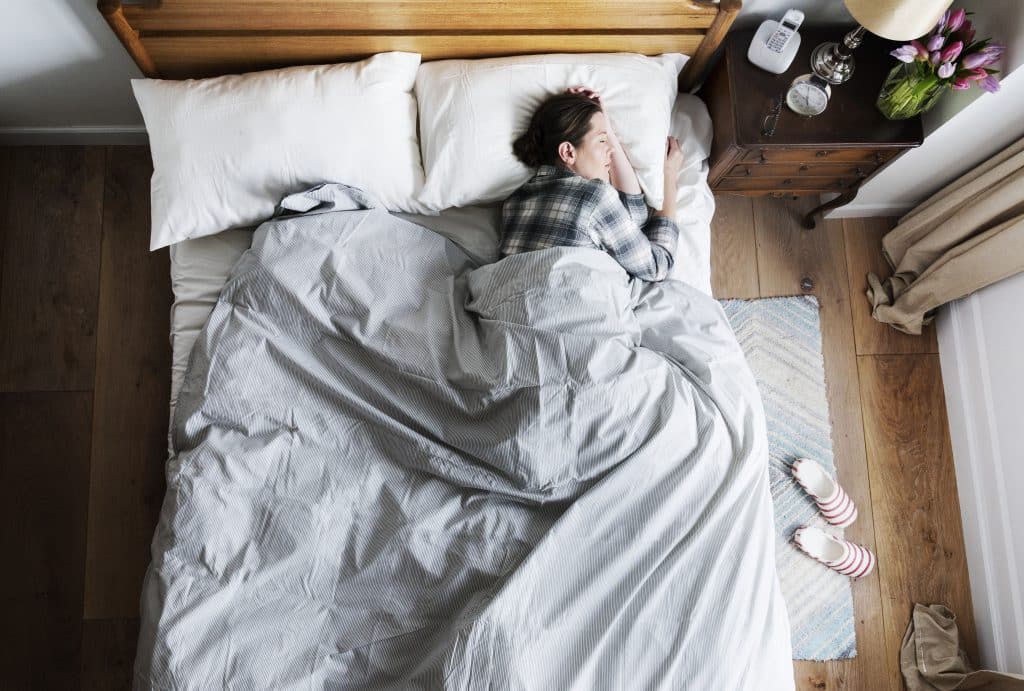
The sleep cycle is a fascinating biological process that consists of multiple stages, including light sleep, deep sleep, and REM (Rapid Eye Movement) sleep. Each stage serves a unique purpose, from physical restoration to memory consolidation. Understanding these stages can help you appreciate why quality sleep is crucial. For instance, REM sleep is when most dreaming occurs and is thought to play a role in emotional regulation and memory.
Lack of sleep doesn’t just make you feel tired; it has a ripple effect on your entire body and mind. Sleep deprivation can lead to a weakened immune system, impaired cognitive function, and even an increased risk of chronic conditions like heart disease and diabetes. Therefore, understanding the science of sleep is the first step in making informed decisions to improve your sleep quality.
The Role Of Diet In Sleep Quality
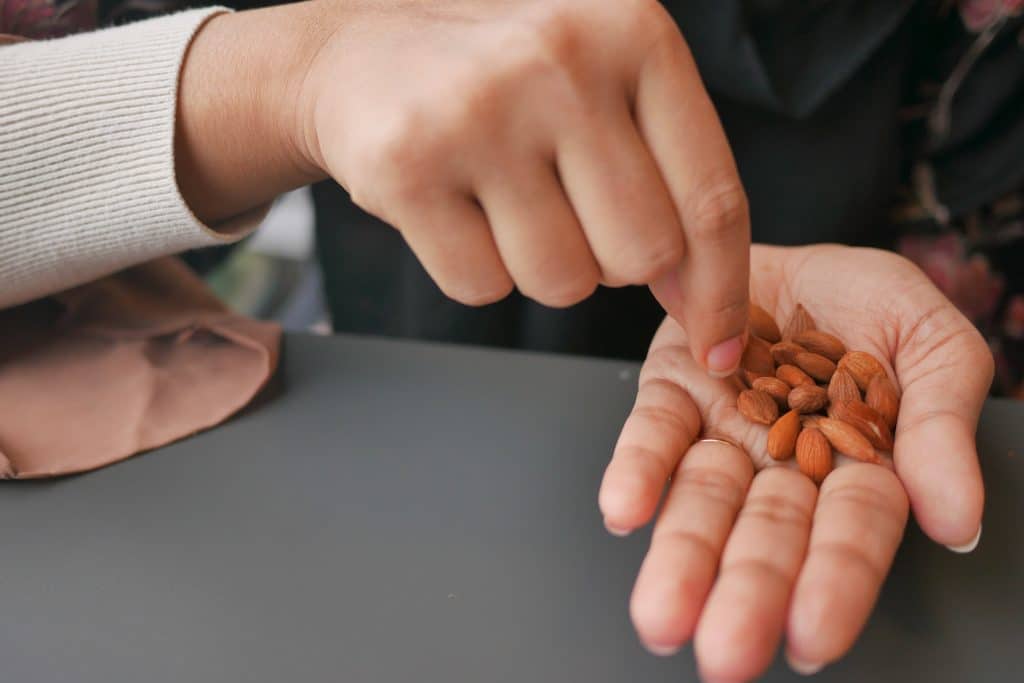
What you eat can significantly impact how well you sleep. Certain foods, like turkey and almonds, contain nutrients that promote the production of melatonin, the sleep hormone. Incorporating these foods into your diet can set the stage for a restful night. On the flip side, foods and drinks high in caffeine and sugar can disrupt your sleep cycle, making it harder to fall and stay asleep.
While it’s essential to know which foods can help you sleep better, timing is equally important. Eating a large, heavy meal right before bed can lead to discomfort and indigestion, making it difficult to fall asleep. The key is to find a balance: opt for a light, sleep-promoting snack a couple of hours before bedtime to give your body the best chance at restful sleep.
The Ideal Sleep Environment
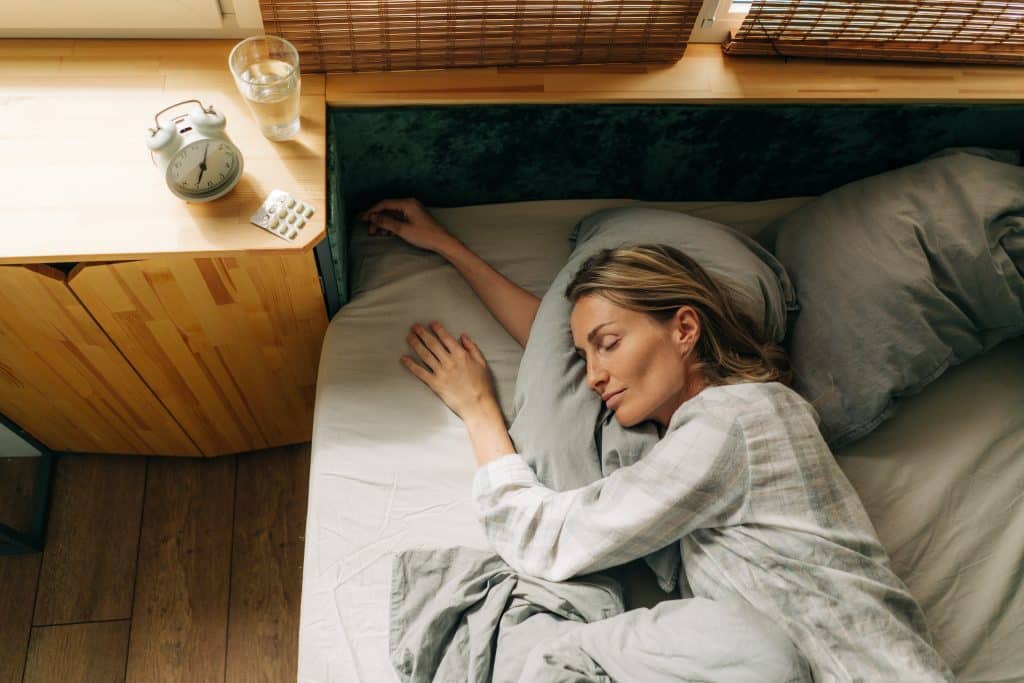
Your bedroom should be a sanctuary dedicated to sleep. Research shows that a dark, cool room is most conducive to sleep. Darkness triggers the production of melatonin, helping you fall asleep faster. Similarly, a cooler room temperature can aid in falling and staying asleep, as it helps lower your body’s core temperature, a necessary step in the sleep process.
Comfortable bedding is another crucial factor in creating the ideal sleep environment. Investing in a good mattress and pillows can make a world of difference in your sleep quality. Additionally, consider using white noise machines or apps to drown out any potential disturbances. White noise creates a consistent auditory environment that can make it easier to fall asleep and stay asleep throughout the night.
The Power Of Routine
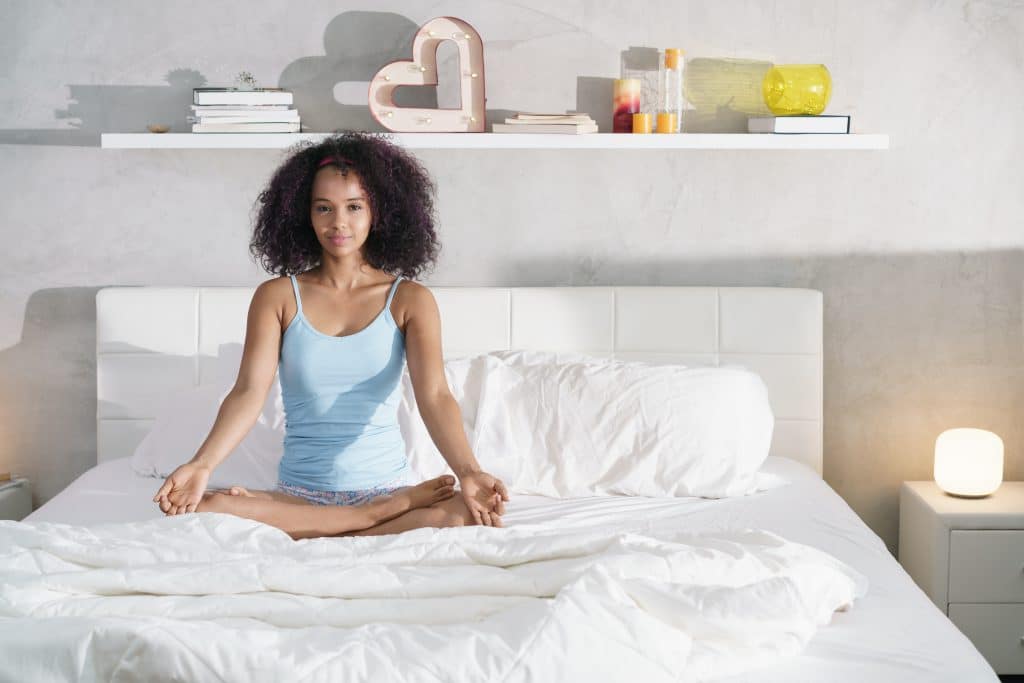
Consistency is key when it comes to sleep. A regular sleep schedule not only helps regulate your body’s internal clock but also improves the quality of your sleep. Going to bed and waking up at the same time every day, even on weekends, can significantly enhance how you feel during your waking hours. A consistent routine signals to your body when it’s time to wind down and prepare for sleep, making the process of falling asleep more natural.
Creating a bedtime routine is like setting the stage for a good night’s sleep. This could include activities like reading a book, taking a warm bath, or doing some light stretching. The idea is to engage in calming activities that signal to your body that it’s time to wind down. Over time, these activities become cues, making it easier to transition from wakefulness to sleep.
Exercise And Sleep

Exercise is a powerful tool for improving sleep quality. Physical activity increases the production of endorphins, which not only enhance your mood but also help you sleep better. However, timing is crucial. Exercising too close to bedtime can have the opposite effect, making it harder to fall asleep due to the adrenaline and increased body temperature.
The type of exercise also matters. While high-intensity workouts are excellent for overall health, they may not be the best choice close to bedtime. Instead, opt for moderate or low-impact exercises like walking or yoga. These activities can help prepare your body for sleep without causing overstimulation.
Mindfulness And Relaxation Techniques
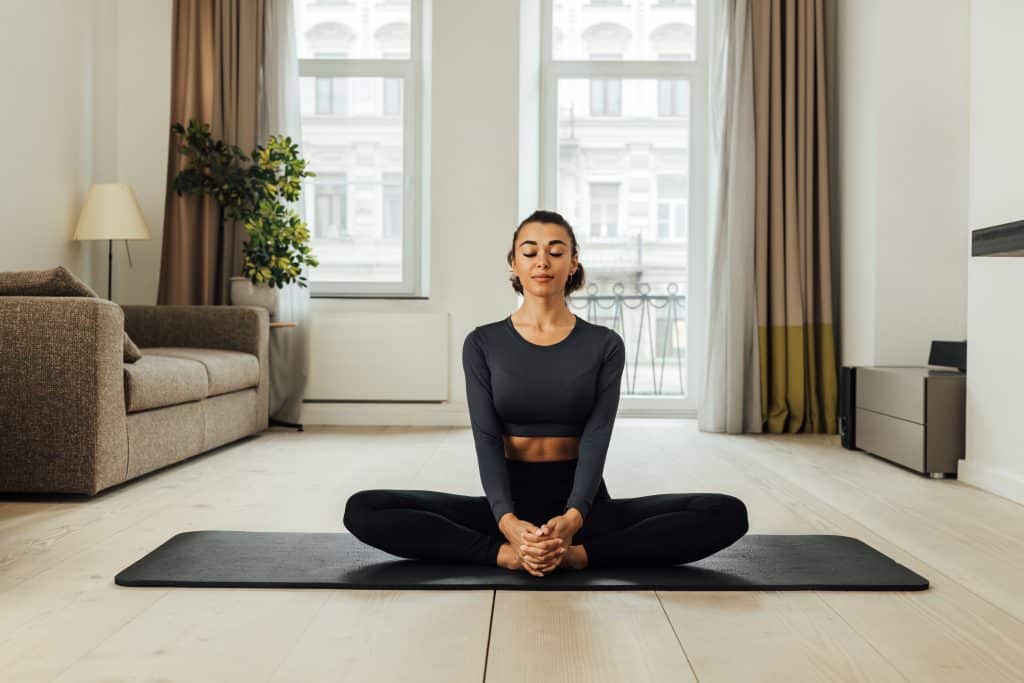
Mindfulness techniques like deep breathing and progressive muscle relaxation can be incredibly effective in helping you fall asleep faster. Deep breathing exercises involve inhaling deeply through the nose, holding the breath, and then exhaling slowly. This helps to slow down your heart rate and relax your muscles, preparing your body for sleep. Progressive muscle relaxation involves tensing and relaxing muscles from your toes upwards, which can also help prepare your body for restful sleep.
The practice of mindfulness extends beyond specific techniques. Being present and fully engaging with the moment can help you become aware of any stress or tension that may be hindering your sleep. By acknowledging these feelings and focusing on your breath, you can create a mental environment conducive to sleep.
The Impact Of Technology

Screens are an integral part of modern life, but they can wreak havoc on your sleep. The blue light emitted by phones, tablets, and computers suppresses melatonin production, making it harder to fall asleep. It’s advisable to have a ‘tech-free’ zone at least an hour before bedtime to give your body the best chance at quality sleep.
If you find it challenging to disconnect, consider alternatives like reading a physical book or listening to calming music. There are also apps designed to filter out blue light, but the most effective strategy is to reduce screen time altogether. This not only improves sleep but can also enhance your overall well-being.
When To Seek Professional Help
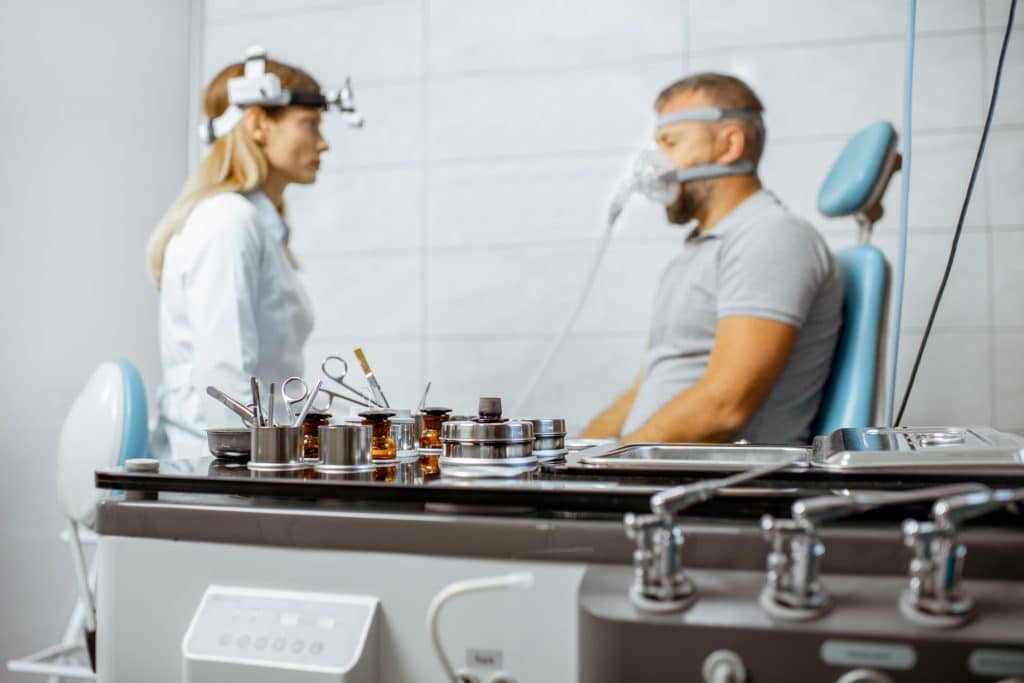
Sometimes, despite your best efforts, sleep remains elusive. Persistent sleep issues could be a sign of an underlying sleep disorder such as insomnia, sleep apnea, or restless leg syndrome. If you’ve tried multiple methods to improve your sleep without success, it may be time to seek professional help.
Sleep studies and consultations with sleep specialists can provide valuable insights into your sleep patterns and identify any disorders. Treatment often involves a combination of lifestyle changes, medication, and sometimes even surgical procedures. The first step to resolving persistent sleep issues is acknowledging the problem and seeking expert advice.
Take Charge of Your Sleep Today!
Sleep is too important to be left to chance. From understanding the science behind it to creating the perfect sleep environment, every choice you make impacts the quality of your rest. This guide has provided you with a comprehensive set of tools to take charge of your sleep. So why wait? Start implementing these methods tonight and wake up to a more refreshed and revitalized you.



